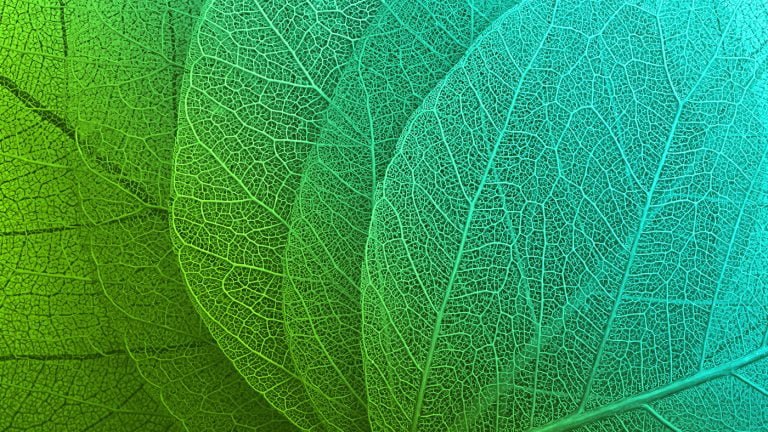Often the Earth Summit, in Rio de Janeiro is known as the key event which led to partnerships for sustainable development. To improve human lives across countries and to protect the increasingly vulnerable environment. The 2030 Agenda for Sustainable Development was adopted by the United Nations in 2015, to imagine, to create a peaceful and prosperous environment for people and the planet, now and for the future.
Often, the burden of managing environmental pollution is cast at third world countries, who are still in their developing phase. The degeneration of the environment was led by the sharp industrialization of the first world countries. This led to initial several disparities in term of finances, health and education. SDG understands that all countries must come together to annul the damage that has been done and to sustain our resources. This goes hand in hand with maintaining gender, racial and indigenous equality.
There are 17 Sustainable Development Goals, ranging from ending poverty in all its forms everywhere, to being able to provide and maintain equal access to food across ages and nations, provision of good health and well-being, quality education, gender equality, clean water and sanitation. Further, to ensure decent work and economic growth while taking actions to save the environment from rapidly increasing global warming levels. And, importantly on creating sustainable cities, insuring strong institutions and an independent judiciary.
Some of the primary things we have been involved in is being able to provide equal access to education, maintaining gender equality and taking steps towards protecting our environment for the future.
Gender disparity is a crisis we feel strongly about, and work towards. There can be no sustainable development without gender equality. And, our progress towards equality is still quite low, with 330 million girls living on less than 1.90 $ a day and in 2/3 countries women are more likely to report food insecurity.
Even when we look at our own playing field, factories preferentially hire young women, ages 18 to 24, precisely because they are structurally powerless to demand higher wages, better working conditions or stability of employment. Women who work here out of sheer desperation often end up also employing their young daughters to increase the collective income, this reduces their opportunity for a better life.
We realise the lack of equal accessible education. Girls working in these factories are prone to not receive any education or that after primary school. This represses their way out towards a better, comfortable life and autonomous choices.
This is one of the reasons why we work towards creating equal futures, we make sure we pay a decent and an equal wage to our artisans. To create a fair and comfortable working environment, so that they can support themselves and their children.
Investing in girls education transforms communities, countries and the entire world. Girls who receive an education earn higher incomes, participate in the decisions that most affect them, and build better futures for themselves and their families.
This is why we have funded the education of more than 1500 girls and continue to do so through “Sewa Prakalp Sansthaan” – a registered organization, which is a unit of Vanvasi Kalyan Asharam, founded in 1980 in Rudrapur, Uttrakhand.
Another thing, we do is make sure we can all journey towards ethical living. To contribute towards saving and sustaining our environment; not only is being thoughtful crucial when we are using earth’s limited resources but ensuring sustainable waste management is the key. The goal of the same is to limit the amount of natural resources consumed and instead recycle or find ways of reusing or repurposing the item. At Adau, ever since the beginning, we have made it a priority to recycle, repurpose, and reduce waste to every extent possible.
All these contributions start with us, changing our old ways and re-imagining our present and future. We hope you can join us on our journey towards equality and sustainability.

